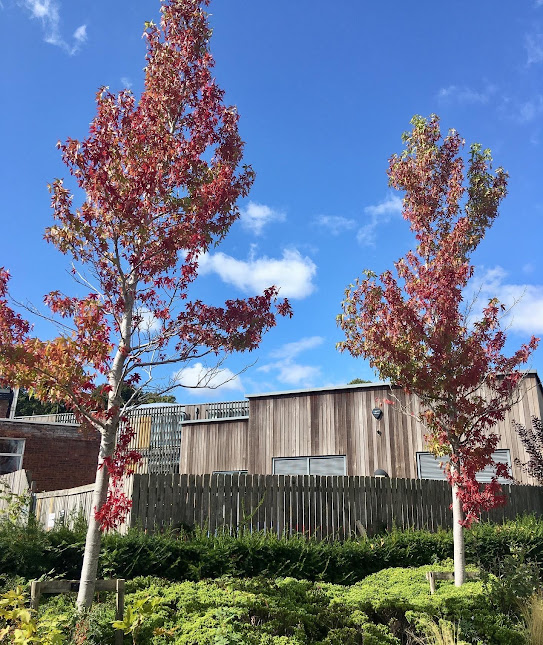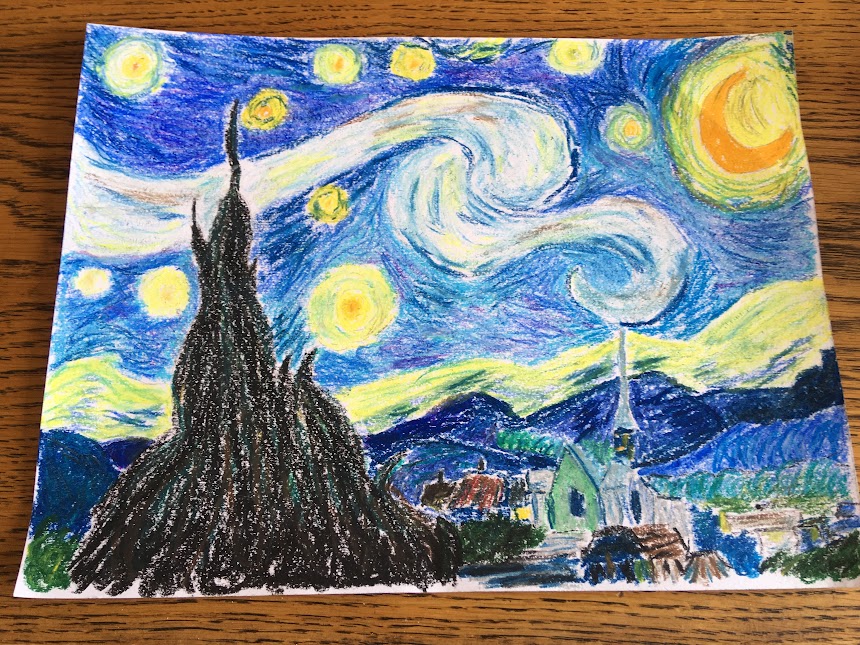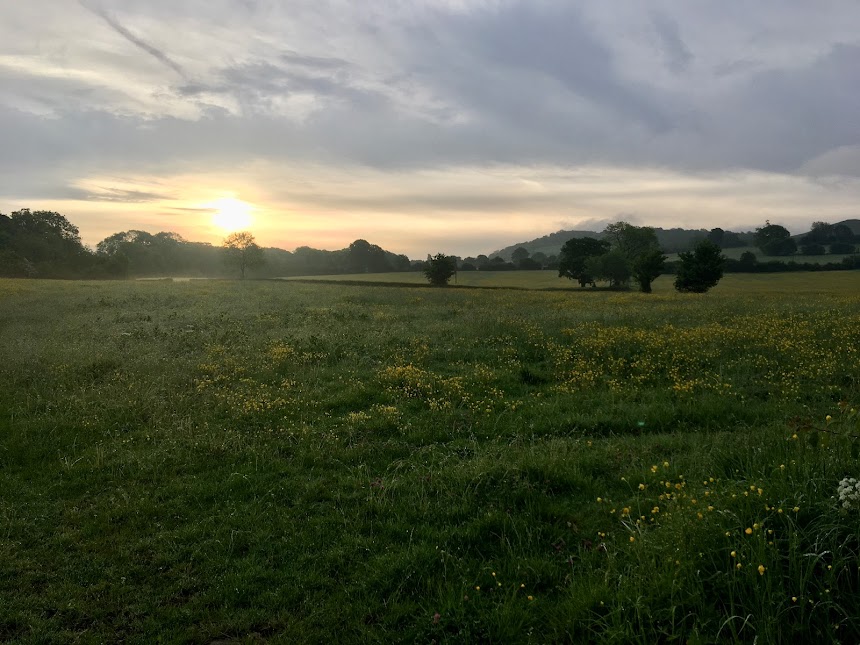This Week’s Bit of String: Rewriting Beowulf
At work, one of our Year 7s just come up from primary school has refused to enter any classroom. She’s not a fan of people. We place a chair outside each door for her, period by period. During her first English class, I tried chatting with her.
“Was there anything you liked doing for English at your old school?”
She shook her head, then paused. “I wrote my own version of Beowulf. It was really funny.”
Aha. “Shall we tell the teacher about that? I bet he’d be really interested.”
A more vigourous shaking of the head. “I hated writing it. It was so hard.” Her chin lifted, her face opened, shifting the helmeting fringe over her eyes. “But that story was the best story I have ever read!”
And that was the clearest thing I ever heard her say. For an instant, she was utterly transformed, thinking of the payoff to a task she probably initially hated as much as she hates everything else: she got to read a story she actually liked, for a change. You couldn’t find a more marvellous illustration of the advice to write what you want to read.

Which is why this particular blog post, the first I’ve gotten around to in over a month, is simply me conveying encounters with learners as they come to grips with writing requirements. My head is very much in school. New unelected leaders, be they monarchs or ministers, feel quite irrelevant while I try to help students get serious about study without making them even more insecure than they already are.
On the other end of school from our latest intake of 11-year-olds, I’m working with the 16-year-olds who must resit their English exams. They have to practise reading more extracts, writing about the effect language techniques have on the reader. “The writer uses alliteration to describe the school because it makes readers feel…”
To be honest, I’m fresh out of advice for them on how to pick apart the not-always-exemplary passages chosen by exam boards. Fellow writers, I know we select our language carefully. But am I right in thinking that sometimes we just put some alliteration in for rhythm and flow? Just because it sounds good? Because, as the Year 7 girl might say, it makes it more fun for us to read back?
Thankfully, there is a creative writing component on the exam. So, to give students a break from reading and nitpicking (ahem, I mean analysing of course), we can do some writing.
Me: “How would you like to practise writing a story this morning?”
Student L, a neurodivergent young lady with a love of gothic-style tales: “That is the best question you could possibly ask me.”
Me: “Great, you can work on developing a character and backstory to use for the exam. It’s just 7 weeks from today.”
Student L: “What are we waiting around for, then? Let’s get going!”
I don’t know about you, but an attitude like that is exactly the sort I need to read about right now.

She came up with a fabulous character, a dramatic and detailed backstory, and a killer opening line. It does make her a bit out of sorts, now she’s on a roll with that, when she has to work on other subjects. I think we can all relate.
One of her classmates knows the sort of character she wants to write about. She is riddled with concerns about her home life, and she wants to bring that to the page. Makes perfect sense; for many of us the opportunity for an outlet is what drew us to writing in the first place. The only thing this student can think about are her worries for loved ones, so that is what she will write about and that is what she can read about after.
She’s so insecure, though, it’s hard to write. After a good opening paragraph, she juddered to a stop.
“Just write what happens,” I told her. “We’ll worry about spelling and punctuation and dressing everything up later on. That’s how I do it…” and I suggested that our Student L did the same.
L didn’t look up from pecking away at her laptop. “I just want it to be readable.” She won’t need alliteration in her fast-paced, superhero story.
Whatever you’re working on, may it at least be readable—you never know, it could be the best thing you’ve ever read.

